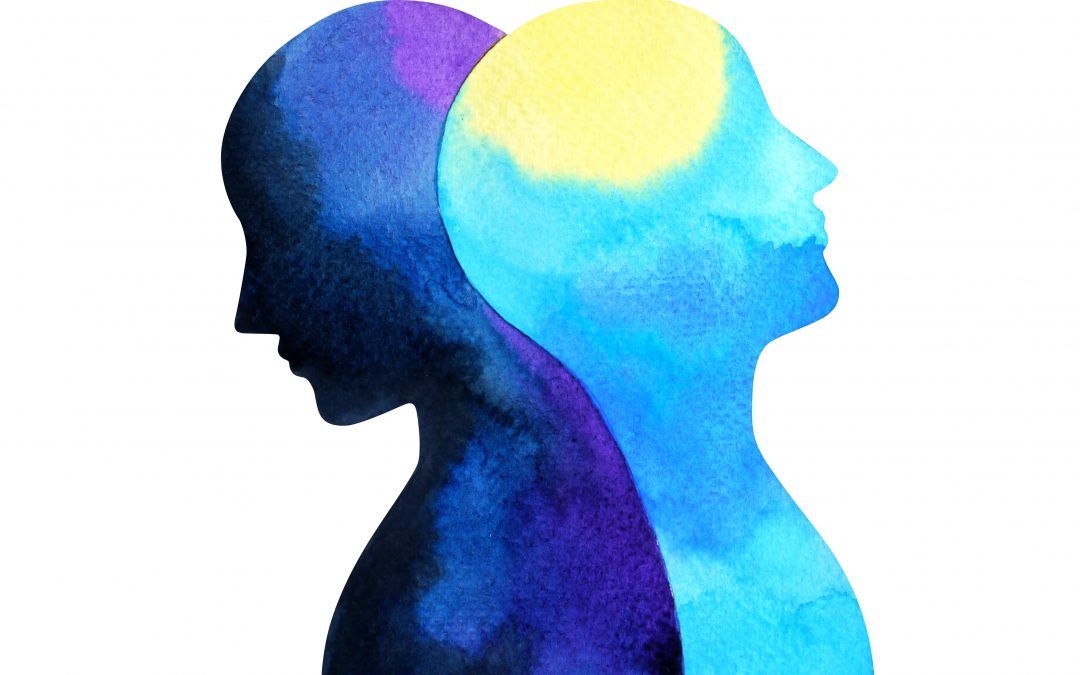How to cope with a mental illness
Living with mental illness is not easy. It’s a consistent problem without a clear solution. While treatments like medication and psychotherapy are incredibly helpful, sometimes people experiencing mental health conditions need to do more day-in and day-out to feel good or even just okay.
Finding the right coping mechanism takes time and patience, but it can enormously impact how you feel. If you haven’t had success with techniques you’ve tried, or you’re looking to add a few more to your toolkit, here are some coping mechanisms recommended by mental health professionals worth trying out.
Deep Breathing
Breathing is an annoying cliché at this point, but that’s because the best way to calm anxiety really is to breathe deeply. When battling my own anxiety, I turned to the concept of “5 3 7” breathing:
- Breathe in for 5 seconds
- Hold the breath for 3 seconds
- Breathe out for 7 seconds
This gentle repetition sends a message to the brain that everything is okay (or it will be soon). Before long, your heart will slow its pace and you will begin to relax—sometimes without even realizing it.
Mental Reframing
Mental reframing involves taking an emotion or stressor and thinking of it in a different way. Take, for example, getting stuck in traffic. Sure, you could think to yourself, “Wow, my life is horrible. I’m going to be late because of this traffic. Why does this always happen to me?”
Or you can reframe that thought, which might look something like, “This traffic is bad, but I’ll still get to where I’m going. There’s nothing I can do about it, so I’ll just listen to music or an audiobook to pass the time.” Perfecting this technique can literally change your perspective in tough situations. But as you might imagine, this skill takes time and practice.
The 5 Senses
Another effective way to use your physical space to ground you through a crisis is by employing a technique called “The 5 Senses.” Instead of focusing on a specific object, with “The 5 Senses” you run through what each of your senses is experiencing in that moment. As an example, imagine a PTSD flashback comes on in the middle of class. Stop! Look around you. See the movement of a clock’s hands. Feel the chair beneath you. Listen to your teacher’s voice. Smell the faint aroma of the chalkboard. Chew a piece of gum.
Running through your senses will take only a few seconds and will help keep you present and focused on what is real, on what is happening right now.
Seek professional help
Serene Rehabilitation Centre located in Nairobi, Kenya provides confidential support to anyone in need of help with a Mental Illness or Substance Use Disorder issue, including patients, families and healthcare providers.
Call or text 0746460202 today. Find a safe haven for you.


